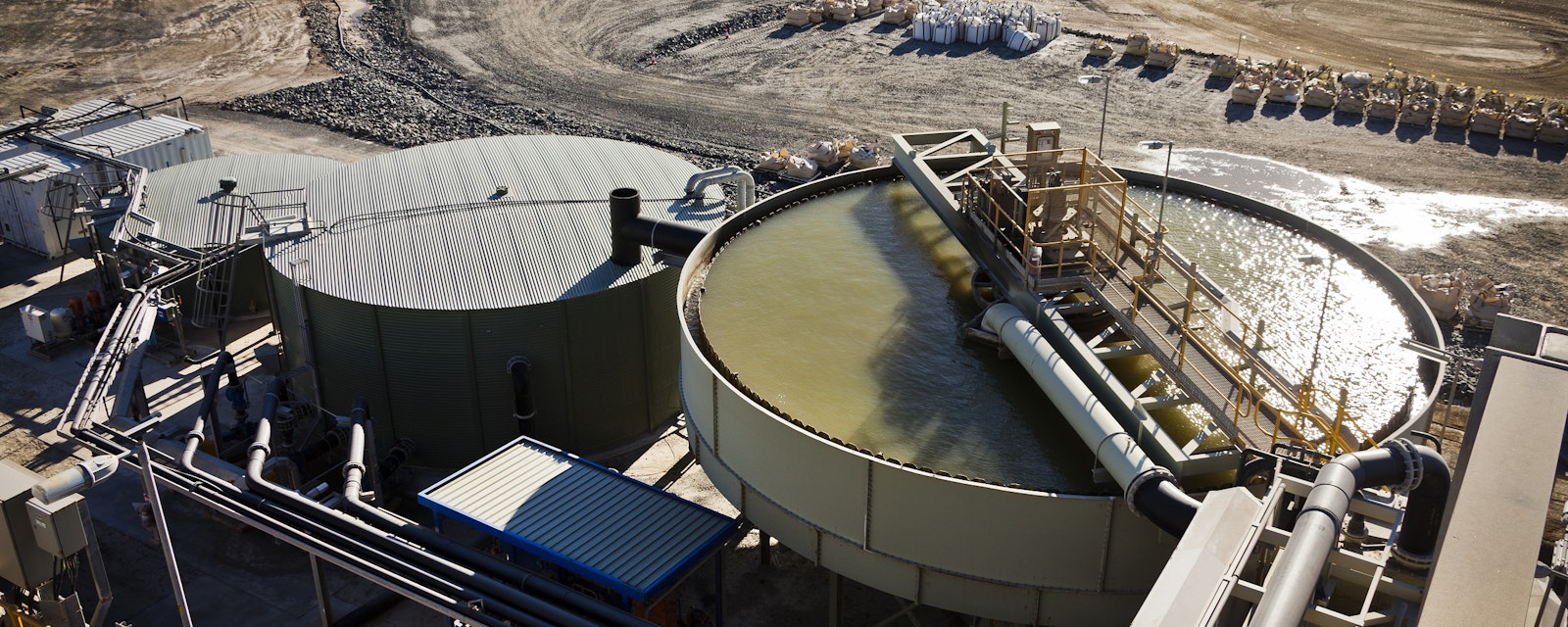Jonathan Evans, President and CEO of Lithium Americas Corp., and Orson Porter, Teneo Senior Managing Director and government affairs expert, joined Kevin Kajiwara for an important discussion on the renewable energy revolution and the steps the U.S. and other nations must take to secure indigenous sources of lithium to effectively compete with China and meet electric vehicle targets.
Lithium-Ion Batteries
The clean energy transition is driving the demand for lithium, a key component in rechargeable electric car batteries. A lithium-ion battery is an advanced battery technology that uses lithium ions as a key component of its electrochemistry. Lithium’s unique properties allow its atoms to be discharged and recharged repeatedly to power the batteries we use every day in laptops, phones and electric vehicles.
Sources of Lithium
Currently, the majority of lithium is sourced from hard rock deposits in Australia or brine operations in South America. China processes 50% of the world’s lithium, dominating the lithium-ion battery supply chain and bringing new challenges of energy security to the western world. A small footprint of lithium production resides in the United States, a large proportion of which is sourced from Thacker Pass in Nevada. Thacker Pass, located in an extinct super-volcano, holds the largest known lithium resource in the U.S. and the next large-scale lithium mine. The world’s pivot towards curbing carbon emissions is driving a deep urgency to secure an indigenous source of lithium. The goal is to supply directly to the battery industry in a cost-effective way and with a much lower carbon footprint than what we currently see today.
The Biden Administration
The Biden administration understands the critical need to invest in lithium supply to not only build a clean energy future and combat climate change, but to also stay competitive across global markets and to fuel the development of green jobs. In particular, Nevada recognizes and supports lithium mining exploration as part of the nation’s plan to phase out internal combustion engines and sees it as an opportunity to diversity the state’s economy after the COVID-19 pandemic decimated its tourism sector.
Environmentalist Groups
Despite extraction efforts being warmly welcomed by the administration and across the industry, environmental activists continue to raise concerns over the detrimental impacts lithium extraction can have on the biodiversity of surrounding ecosystems. The Biden administration must communicate how they plan to mine in a responsible way that respects the environment and the local communities.
Lithium Battery Recycling
Tesla’s global ambition to sell 20 million electric vehicles per year by 2030 would alone require 165% of current global production of lithium, 90% of current global production of graphite and over 50% of cobalt. In addition to ramping up lithium supply and increasing U.S. battery production to meet the soaring demands of the energy and transportation transformation, the industry must also create a closed loop end-of-life electric vehicle ion battery recycling process. Additionally, electric vehicle manufacturers must innovate to simplify their critical materials mix in order to ease demand and reach electric vehicle targets.
Gaining Competitive Advantage Against China
Driven partly by poor air quality, China has rapidly created the world’s largest electric vehicle market and has supported lithium, copper and nickel mining operations over the last decade to fuel its electric vehicle demand. Although the U.S. currently only controls a tiny segment of the electric vehicle market, it has the technology, raw materials and processing capabilities to amplify battery production on home soil to compete with China. The U.S. must accelerate their efforts to make up for lost time and increase public and private investment. Additionally, the Biden administration should encourage the development of mineral extraction and must work with the industry to remove any barriers that would slow down domestic electric vehicle production.
Security of Supply
The supply of critical minerals has emerged as a major economic security issue, which in turn has become a national security concern. The United States needs to reengage with their Southern Hemisphere neighbors to increase their hold on mineral supplies in the region. Chile is the largest copper producer in the world, the salt flats of Argentina, Bolivia and Chile account for almost 60% of global lithium resources, and Mexico is a major producer of 12 different minerals. The United States and its allies should pursue policies that secure these critical resources to rival China’s dominance of rare earth imports.
The Future of the Lithium Battery
As technology evolves, the next generation of batteries will become safer, more powerful, cheaper, faster-charging and easier to recycle – which will help build a better transportation industry for the future of zero emission travel.




